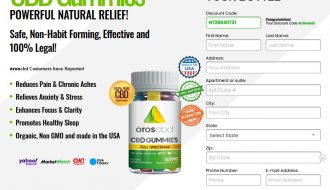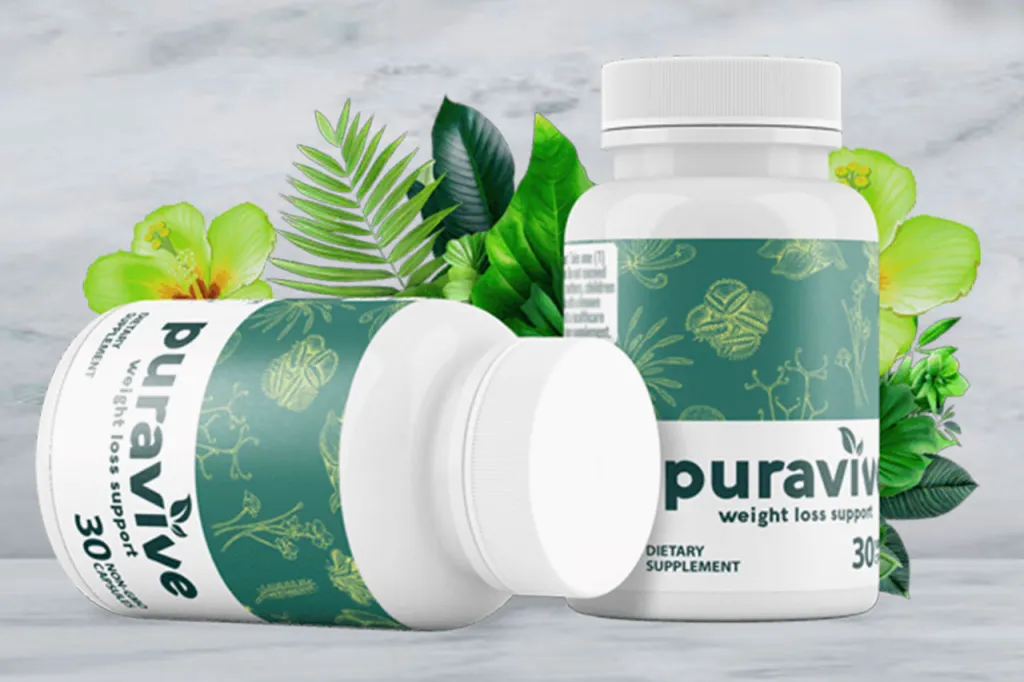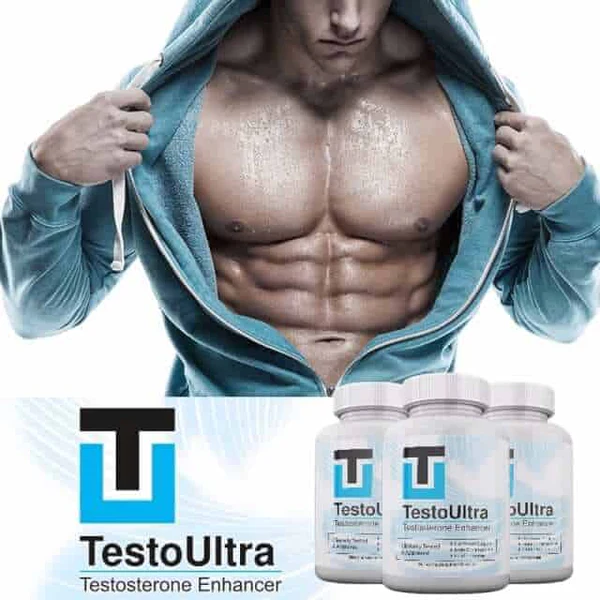Skin is the organ that covers the human body and separates it from the external environment. It acts as a barrier and protects the body from the damage caused by the external environment, prevents water loss from the body, and also has cosmetic effects on health.
Skin gets affected by ultraviolet radiation exposure and chemical pollution from the external environment. The damage can be minimized by taking care of the skin and also taking a healthy diet.
Skin complications are also found in orthopedic patients that include infection and hypersensitivity of the skin. To avoid such complications, get treated by a top orthopedic doctor near me.
Factors Contributing Towards A Healthy Skin:
Nutrition
Proper nutrition contributes towards the health of the skin and is required for all biological processes of skin from youth to aging. Good nutrition comes from good eating habits that in turn can repair damaged skin.
Water
Water constitutes more than 70 % of our body and it is a vital component that maintains balance and functioning of the tissues in the body. In both body and cell, water acts as a solvent, a transport medium, maintains the body volume, and also controls the body temperature.
Tissue dehydration and functional disorders such as aging and inflammation are a result of inadequate water content in the The appearance of the skin on lips and limb gives a direct indication of the moisture content of the skin. A minimum of 2 lots of water is required in our body for the deep hydration of the skin and to maintain the moisture balance.
Trace Elements
iron, iodine, zinc, copper, etc., are some of the elements that are present in less than 0.01–0.005% of the body mass and are called trace elements. Though present in very less quantities, it has a significant effect on the physiological and biological processes of the body. It plays a vital role in skin immunity and inflammation.
Vitamins
Vitamins are very essential for the skin. Vitamin deficiency can cause skin disorders. A lack of vitamin C can cause scurvy that includes fragile skin and less wound healing.
Proteins
Protein is a very vital nutrient that helps in forming and repairing tissues and skin is no exception. It also supplies energy.
Factors Harmful to Skin
- Tobacco: It enhances skin pigmentation and also changes skin’s cuticle thickness.
- High Fat Diet: A diet rich in fat affects the adipose tissue and lipid composition of the skin. It delays the skin healing process
Follow the Healthy Diet for A Healthy Skin
-
Every day, try to eat a minimum of five portions of fruit and vegetables
Powerful antioxidants are found in fruits and vegetables that help protect skin from cellular damage which are caused by free radicals. Smoking, pollution, and sunlight trigger free radicals.
One should have at least five portions of colored fruits and vegetables in a day. Fruit like orange contains beta-carotene and vegetables like carrots, sweet potatoes, and pumpkins also contain beta-carotene. Lutein is found in kale, papaya, and spinach. Both beta-carotene and lutein are important for normal skin cell development and healthy skin tone.
-
Include Vitamin C in your diet
To support the immune system, promote radiant skin and help blemishes heal, the body needs vitamin C. Some of the best sources of Vitamin C are blackcurrants, strawberries, blueberries, kiwi, oranges, broccoli, guava, papaya, and sweet potatoes.
Vitamin C is vital in the production of the protein called collagen that keeps the skin plump by strengthening the blood capillaries for blood supply to nourish the skin.
Vitamin C also helps in preventing skin allergies. Infections and allergic reactions (hypersensitivity) of the skin are some of the common patient complaints after orthopedic surgeries. To avoid post-operative complications, get your surgery done by the best orthopedic surgeon in Delhi.
-
Include vitamin E in adequate quantity
One should include an adequate quantity of Vitamin E in the diet to protect the skin from damage and aging. Foods like almonds, avocados, hazelnuts, pine nuts, sunflower, and pumpkin seeds oil are some of the best sources of Vitamin E.
-
Make Selenium a part of your diet
Alongside vitamins C and E, Selenium which is a powerful antioxidant is essential for the skin. A diet rich in selenium protects against sun damage, skin cancer, and age spots. Brazil nuts are a rich source of selenium. Other rich sources of selenium are fish, shellfish, eggs, wheat germ, tomatoes, and broccoli.
-
Zinc is essential
Zinc helps in the normal functioning of oil-producing glands in the skin. It also plays a vital role in the healing process and helps to repair skin damage. Some rich sources of zinc are whole grains, seeds, nuts, fish, shellfish, lean red meat, and poultry.
-
Healthy fats are good for your skin
Healthy fats act as a natural moisturizer for your skin and help in improving elasticity. Foods containing monounsaturated and polyunsaturated fats are oily fish, avocados, seeds, and nuts. These foods also contain high levels of vitamin E.
-
Phyto-estrogens in diet
Plants contain certain natural compounds called Phyto-estrogens. They have a similar structure as the female hormone estrogen and help to keep the natural hormones in balance. Oestrogen plays an important role in skin health by supporting skin structure and reducing skin damage. Some good sources of food are soya in the form of tofu and tempeh, fibers of whole grains, vegetables, fruits, and flaxseeds.
-
Include six to eight glasses of water in a day
Water provides moisture to the skin and the skin needs moisture to stay flexible. Lack of water in the body may result in dehydration which make the skin dry and tired. One should drink at least six to eight glasses of water a day.
-
Select low-GI carbohydrates
The GI or the glycemic index ranks carbohydrate-based foods on how slowly or quickly they are broken down to glucose in the body. Food with low GI index is pulses, beans, and porridge. These foods release their energy into the bloodstream gradually and slowly, providing a steady supply of energy that makes you feel satisfied. Always avoid high GI index foods like sugary drinks and biscuits as they increase the production of insulin that damages collagen present in the skin and produce wrinkles.
-
Do not crash diet
Continuous gaining, losing, and regaining weight have an adverse effect on the skin that causes skin sagging, stretch marks, and wrinkles. There is always a deficiency in essential vitamins and minerals in a crash diet.
-
Stop Smoking and Alcohol Consumption
Smoking and consumption of excessive alcohol impact the appearance of the skin.
![]()







